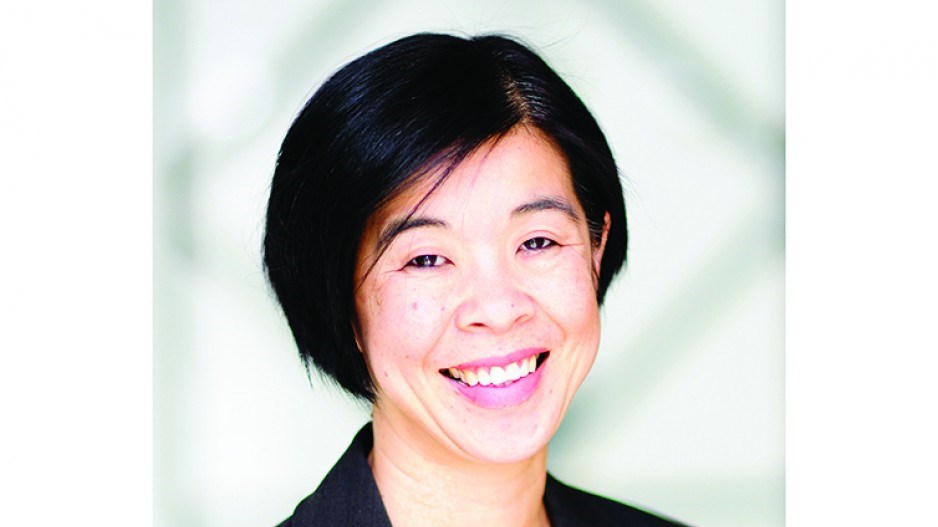Reinvigorated efforts by government-supported job fairs could help alleviate some of Metro Vancouver’s talent acquisition challenges.
Recently, the YWCA Metro Vancouver hosted its fourth annual WorkBC Employment Services Centres job fair. Local public- and private-sector employers attended the September 26 event at Robson Square seeking workers to fill positions ranging from entry-level jobs to professional careers.
“Every year it is growing,” said Melanie Ofcakova, job developer for YWCA WorkBC Employment Services. “Last year we saw over 2,000 job seekers participate; this year we have 60 employers along with panels – the panels focus on the finance and tech sectors.”
Ofcakova has been working with the YWCA assisting employers with recruitment in various industries around Metro Vancouver and with development of other initiatives to help those in need.
“We have a wage subsidy program that we provide employers, we have a single-parent employment initiative and customized employment, on the job training – we take that role of intermediary between employers and job seekers if they need assistance, so we really bridge the gap.”
The YWCA operates four WorkBC Employment Services Centres in the downtown area and two in North Vancouver, each location offering information, internet access, computer and printing services, software and more.
Yet companies are having to rethink their recruitment strategy to drive new talent, something YWCA interim CEO Michelle Sing has noticed in her time with the company.
“I can definitely say that it is becoming more challenging to recruit employees,” Sing said. “People are having to live further and further from the downtown core, and getting to work is taking them longer and longer so people are making hard decisions. Do they want to travel those long distances? And how do they achieve their work-life balance when they have young families as well?”
Sing has held the CEO role since earlier this year but has been a vital part of the YWCA for over two decades as director and then vice-president of human resources. Earlier this year, Sing was named the Chartered Professionals in Human Resources of BC & Yukon’s 2018 HR Professional of the Year.
Over the last decade, Sing has noticed that changes in work culture are finally coming to fruition whereas before now it was mainly just talk.
“I think that employers are starting to realize they need to create a culture of work-life balance around flexibility, around accommodating the needs of the employees. I also think it is partly that employers realize that one thing doesn’t fit everybody, so it’s having those conversations with the employees about what works for them.”
Flexibility and reworking traditional employment structures are at the forefront of the minds of employers and employees alike, and the housing market in Vancouver is a recurring theme among employers, she said.
“It is very difficult for people to find decent accommodation and pay rent and maybe get a vehicle ... and such,” said Sophie Desvaux de Marigny, talent acquisition specialist with Universal Group. “We are working around it but it is an ongoing issue.”
She admitted her schedule is busy, meaning people are looking for work, but events like the job fair are necessary to get the word out and bring all vital pieces into one place.
“Why we participate in events like this, especially with WorkBC and the YWCA, is because we want to tap into this very underutilized talent pool that there is out there ... to get our company out there to make people aware … what we do and why we hire.”
Similarly, various participating companies rely on the fair for its accepting nature.
“A job fair like this is important because of its emphasis and focus on being an inclusive environment,” said Zeba Manki, talent recruiter at cosmetics retailer Lush. “The importance of knowing that you’ll be accepted, seen and heard when you attend this career fair is a powerful thing. It will bring more people, more qualified people, to your table.”
Manki said there is a possible answer to the challenge of finding the right staff.
“More hiring fairs like this,” she said. “A fair like this makes people feel welcome and comfortable because of the language they use to invite people, to advertise to people – the language takes the worry and fear that someone may not fit in or be qualified out, and people feel like maybe they’ll be seen as a viable candidate.”




